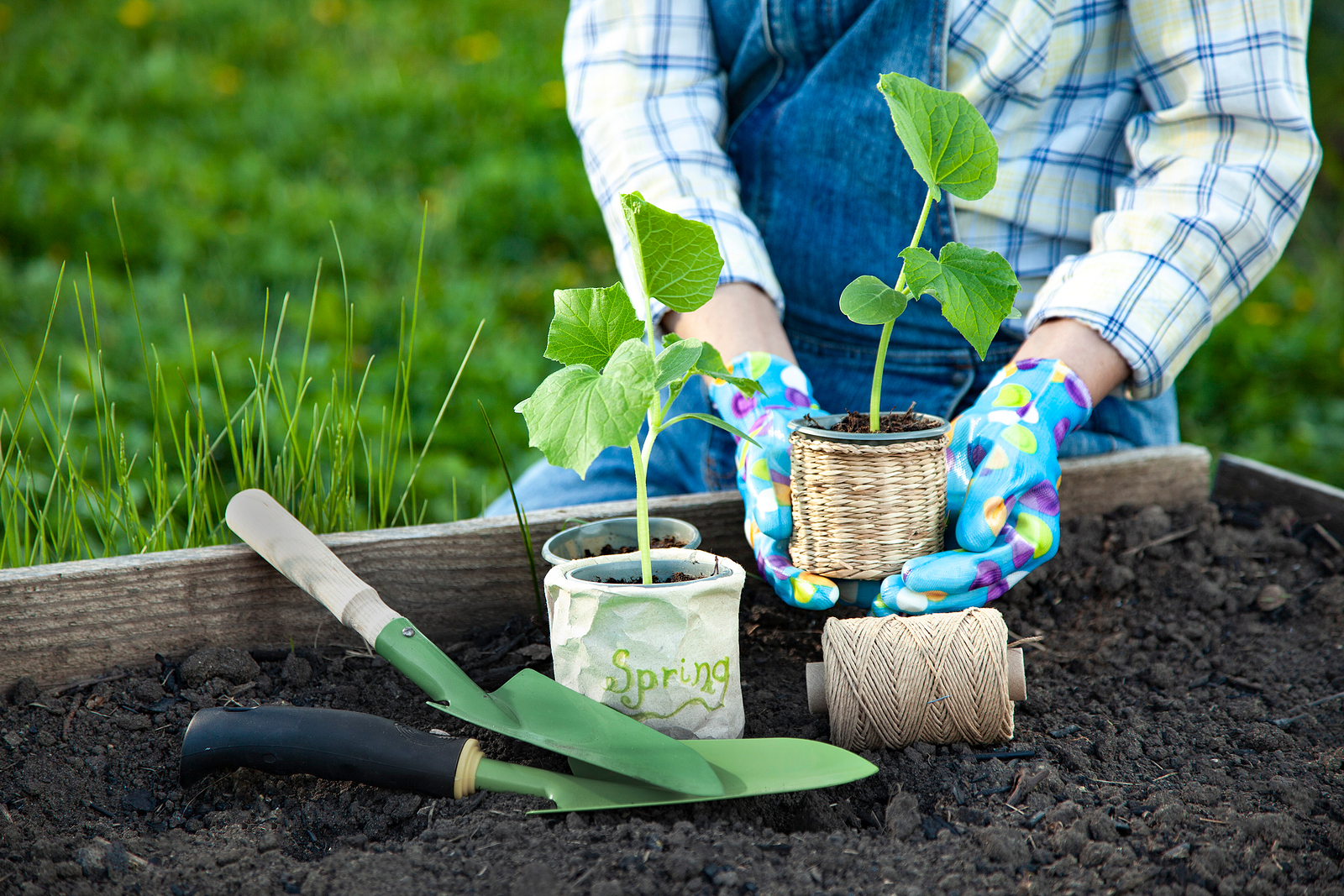No, we’re not loopy – a variety of seeds can and should be started indoors and January and February are the ideal months to plant many of them.
So, thaw out that green thumb, dig into those seed catalogs you’ve been using to keep cabin fever at bay and get a head start on this season’s garden.
Some flower seeds to start now
Save some money in spring by starting your own flowers from seeds now. Some to consider include:
Sweet pea – Sweet peas are best planted in fall if you want them to bloom in early spring. It’s not too late to plant them, however. They will bloom, but just a bit later than they would have had you planted them in fall.
Start them now in seed planters filled with seed starting mix and transplant them in the garden in spring, as soon as the soil can be worked.
Need more tips? Check out reneesgarden.com.
Dianthus – Dianthus is typically quick to germinate (10 to 21 days) but slow to flower (60 to 90 days), so January is the ideal time to start the seeds indoors. You’ll need lights to set the seed tray under. Even an inexpensive fluorescent shop light will do the trick.
“Be aware that only selected cultivars of Diathus plumarius, such as ‘Sweetness’ (Dianthus plumarius ‘Sweetness’) will bloom the first year from seed,” cautions Bridget Kelly. She provides more helpful tips at gardenologist.org.
Snapdragon – Gorgeous and colorful, snapdragons are a must for a spring flower garden.
Seeds need to be sown 8 to 10 weeks before the last frost date (which you can find at davesgarden.com)
Vegetable seeds to plant in January and February
Tomatoes, peppers and any other warm-season vegetables you plan on growing require a long season, so starting the seeds indoors, early, is a must.
Other vegetables to start now include:
- Broccoli
- Brussels sprouts
- Cabbage
- Cauliflower
- Eggplant
Get your fruit crop going
Like tomatoes, melons require a long growing season so get these seeds started indoors, now:
- Cantaloupe
- Honeydew
- Watermelon
How to
Don’t look to the seed packet to give you much more information than how many weeks before your last frost date to start your seeds indoors.
The key to successful seed starting indoors is threefold:
- Soil – always use a mix labeled especially for seed starting. These are typically soilless mixtures which will help prevent “damping off,” a common fungal disease of seeds and seedlings started in cold, wet soil.
- Heat
- Light
Then, you’ll need some additional equipment:
- Containers – these can be as simple as small (3- to 4-ounce) paper cups with holes punched in the bottom for water drainage.
- Trays to hold the containers – ensure that you line the trays with a waterproof material.
- Seedling heat mat. These are available online at amazon.com, homedepot.com and walmart.com.
- Fluorescent lights or LED grow lights. For the budget minded, an inexpensive fluorescent shop light will suffice. LED grow lights are a bit more expensive and you’ll find them at walmart.com and homedepot.com.
- Plastic domes, bags or wrap – used to cover the containers to help retain moisture in the planting mix until the seedlings breach the soil.
Fill the container with the seed starting mix and use your fingers to lightly press down the soil to remove air pockets. Add more of the mix so that the container is filled to within one-quarter inch of the rim.
Plant the seeds – about two to three per container – cover the container with the dome or plastic, place them in the tray and then place that on the heat pad, under the light source.
Once the seeds germinate, remove the plastic and move the light as close as possible to them (without touching) and allow it to remain on for at least 12 hours every day.
As the seedlings grow, adjust the light so that it sits just above them – almost touching them.
Finally, about three weeks after germination, give the seedlings a weak solution of a 3-1-2 liquid fertilizer. Always apply fertilizer to wet soil and water after fertilizing.
Happy gardening!






